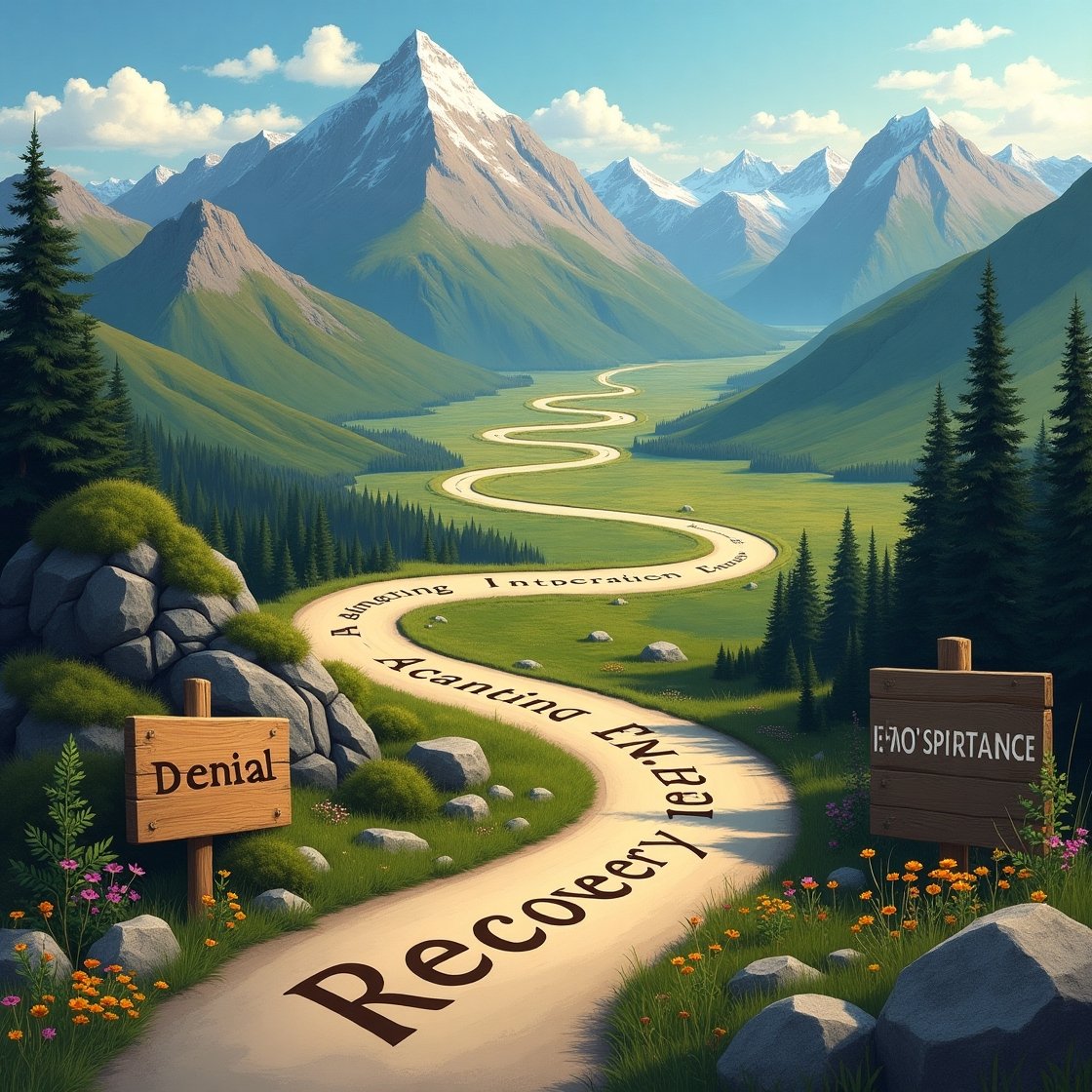Discover the 7 powerful stages of addiction recovery. Learn what to expect at each step—and how to stay sober for life. Your healing starts here.
1. Introduction to the Addiction Recovery Journey
Why Understanding the Stages of Recovery Matters
Recovery from addiction is not a straight line—it’s a winding, often difficult path filled with emotional highs and lows. The 7 stages of addiction recovery provide a structured roadmap for navigating this journey. Understanding these stages is critical for anyone struggling with substance use, as well as for their families, friends, and support networks.
The first step in recovery is often the hardest: recognizing that a problem exists. From there, recovery unfolds gradually, moving through detox, early sobriety, long-term treatment, and into a lifetime of maintenance and emotional healing. Each stage serves a unique purpose, addressing the physical, psychological, emotional, and social aspects of addiction.
Importantly, these stages are not necessarily linear. Some people move back and forth between them, revisiting earlier phases as new challenges or triggers arise. This is not failure—it’s part of the process. Recovery is a deeply personal experience, and no two journeys look exactly the same. However, the seven-stage model provides a flexible framework that can help people understand where they are and what comes next.
Why does this matter? Because addiction thrives in confusion and denial. When people know what to expect, they’re more likely to stick with the process—even when it gets difficult. Families can also offer better support when they understand what their loved one is going through.
This guide breaks down each of the 7 stages of addiction recovery in detail, with expert-backed insights, practical tips, and emotional encouragement. Whether you’re beginning your journey or supporting someone you love, this guide will help you move forward with purpose and hope.
Recovery is possible. Healing is real. And it starts with knowledge.

Visit SAMHSA – Substance Abuse and Mental Health Services Administration
Related post Embarking on the Path to Recovery
2. Stage 1 – Acknowledgment and Awareness
The Power of Admitting There’s a Problem
The first and often most emotionally difficult step in addiction recovery is acknowledging the existence of a problem. This stage is foundational—it’s where denial begins to crack, and the possibility of change takes root.
People struggling with addiction often live in a state of rationalization and avoidance. They may downplay the severity of their substance use, shift blame, or believe they’re still in control. This denial is not simply stubbornness—it’s a survival mechanism rooted in fear, shame, and stigma.
The acknowledgment stage represents a profound shift in self-perception. The person begins to recognize that their behavior is causing harm—to their health, relationships, work, and overall quality of life. This realization might come as a quiet personal epiphany or be triggered by a crisis: a lost job, a DUI, an overdose, or an intervention from loved ones.
This stage is fragile. Emotions such as guilt, anger, fear, and hopelessness are common. Many individuals oscillate between moments of clarity and renewed denial. That’s why support at this stage is crucial. Compassionate communication from family, nonjudgmental listening from therapists, or connection with people who have been through it can encourage the person to keep moving forward.
Importantly, acknowledgment doesn’t mean the person is ready to stop using substances immediately. But it does mean the veil is lifting. For the first time, there’s a sense of “Maybe I need help.” That sliver of awareness opens the door to the next stages of recovery.
Whether someone has been in denial for months or years, the courage it takes to admit there’s a problem should never be underestimated. It’s not weakness—it’s the first act of strength in a long journey toward healing.
Suggested Image: A person standing at the beginning of a path with a sign labeled “Awareness”
Alt Text: addiction recovery stage 1 acknowledgment and awareness illustration
Outbound Link: National Institute on Drug Abuse – The Science of Drug Use and Addiction
Internal Link: Link to “How to Help Someone with Addiction” (or a relevant article on your site)
